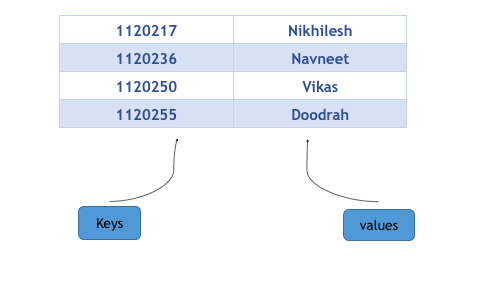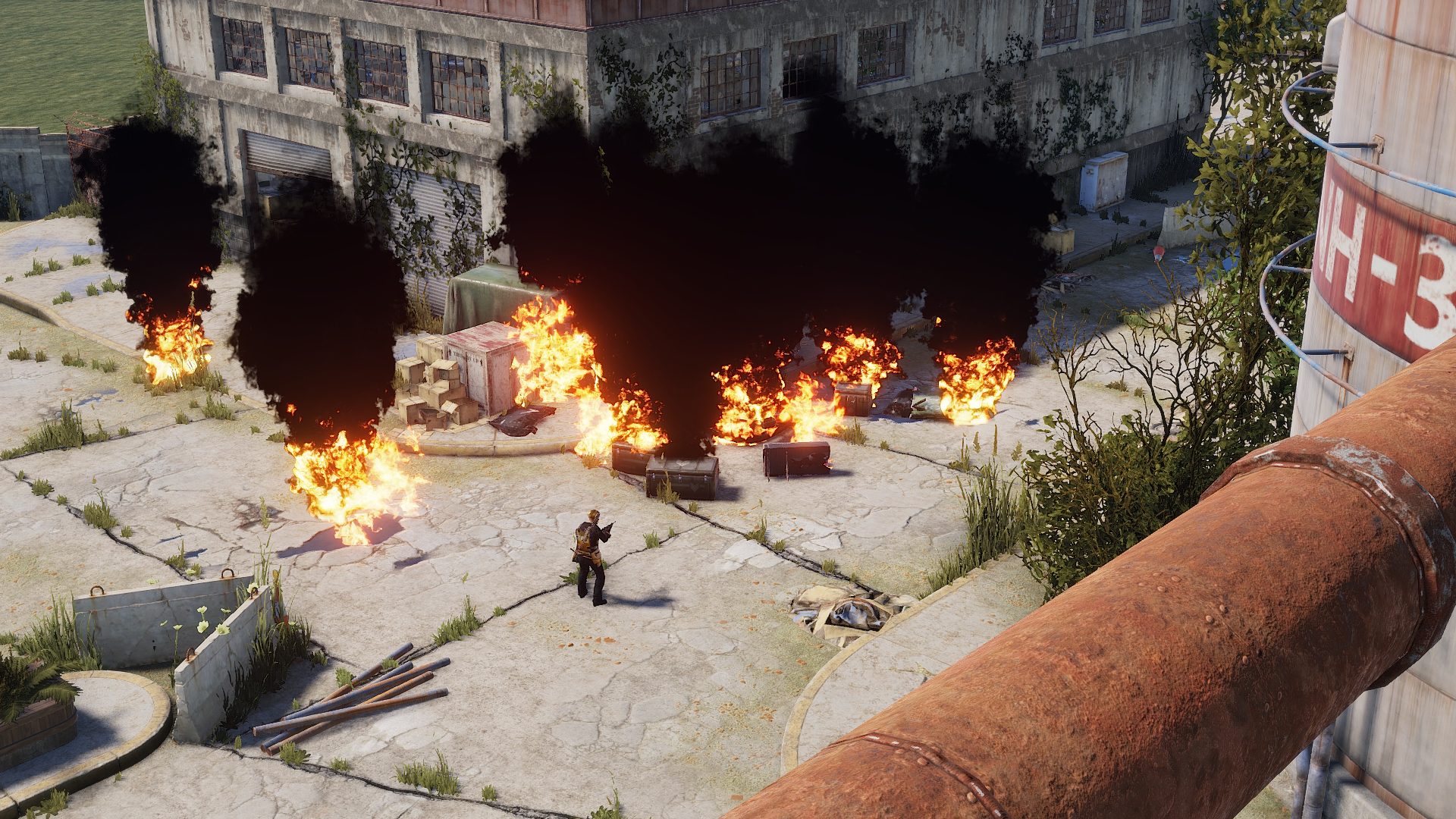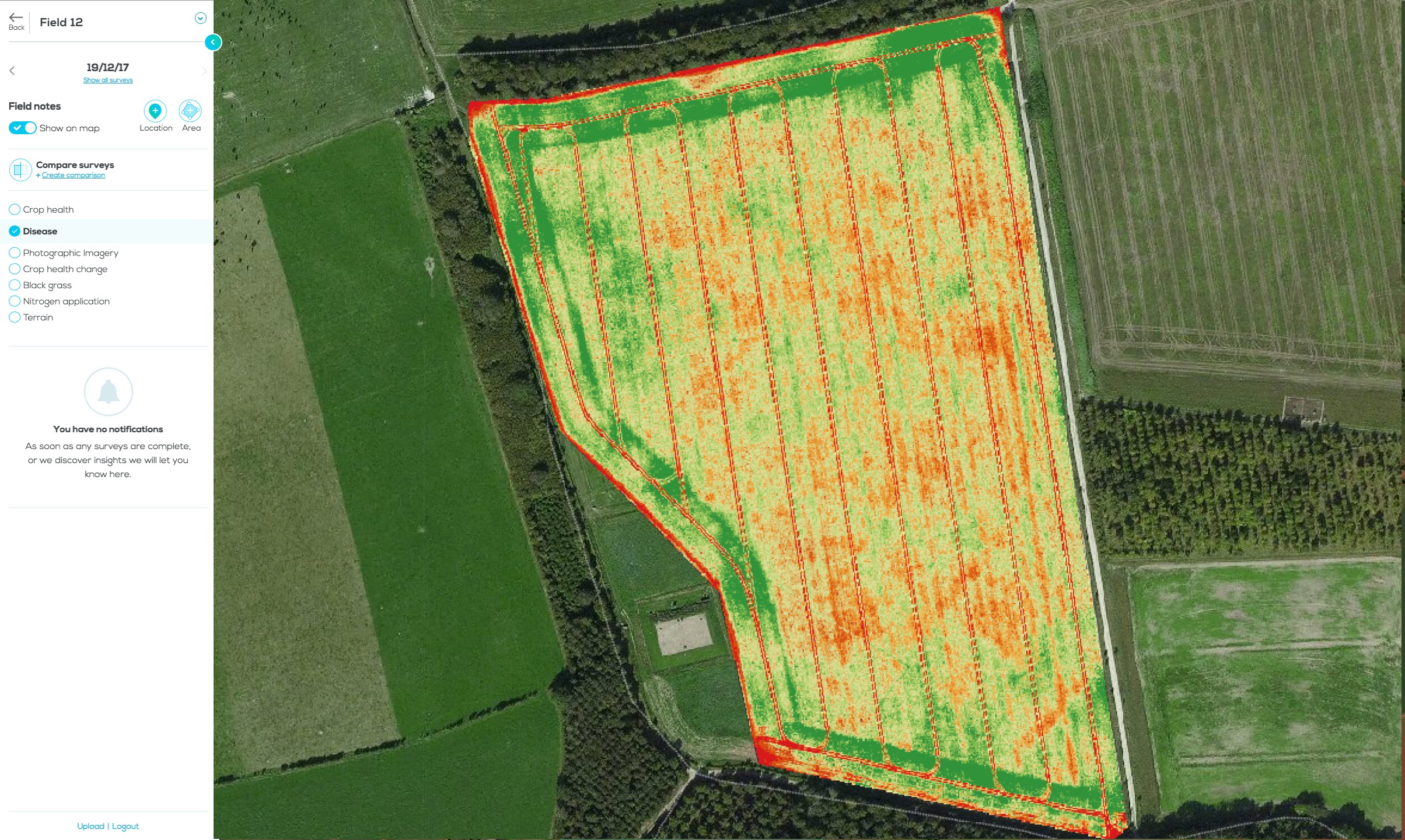

- #Rust the method map exists but how to#
- #Rust the method map exists but software#
- #Rust the method map exists but code#
This makes sense if you think about receiving results from many operations and you want the overall result to fail if any of the individual operations failed. If you have a Vec>, you can transform this into an Option>, which will be None if any of the entries in the original vector were None. So, for example, Some(10).map(|i| i + 1) is Some(11) and None.map(|i| i + 1) is still None. As an example, you can use map() to transform the real value if it has one, and otherwise leave it as None. There are also a bunch of ways to do things to an Option without checking whether it has a value or not. If let actually works with any enumerated type! Using map
#Rust the method map exists but code#
#Rust the method map exists but how to#


The only difference is that expect() lets you specify a custom message that prints out to the console as the program exits. (This is known as panicking, and there are cases when it is recoverable, but for simplicity, we’ll gloss over that here.)

If you’re sure that an Option has a real value inside, then expect() and unwrap() are for you! They return the value inside, but if the variable is actually None, your program exits. But, Rust has a lot of tricks up its sleeve to help! Using expect and unwrap The downside is that this tends to make code irritatingly verbose. This avoids problems in other languages that don’t have nullable types.įor example, in C++, std::find() returns an iterator, but you must remember to check it to make sure it isn’t the container’s end()-if you forget this check and try to get the item out of the container, you get undefined behavior. One of the benefits of an API that returns an Option is that to get the value inside, callers are forced to check if the value is None or not. It has a pop() method that returns an Option, which will be None if the vector is empty or Some(value) containing the last value of the vector. For example, Vec is Rust’s type that represents a vector (or variable-sized array). This is where value can be any value of type T. It’s an enumerated type (also known as algebraic data types in some other languages) where every instance is either: Rust’s version of a nullable type is the Option type. Using expect, unwrap, match, and if let.So, in this post we’ll cover the following: One of these conveniences is using enums, specifically the Option and Result types. Rust is a systems programming language that focuses on safety and performance, and has been voted the “most loved language” on Stack Overflow’s annual survey for six years running! One of the reasons Rust is such a joy to program in is that, despite its focus on performance, it has a lot of well-thought-out conveniences that are frequently associated with higher-level languages. He enjoys working on projects in his spare time and enjoys writing about them! Understanding Rust Option and Result enums
#Rust the method map exists but software#
Greg Stoll Follow Greg is a software engineer with over 20 years of experience in the industry.


 0 kommentar(er)
0 kommentar(er)
